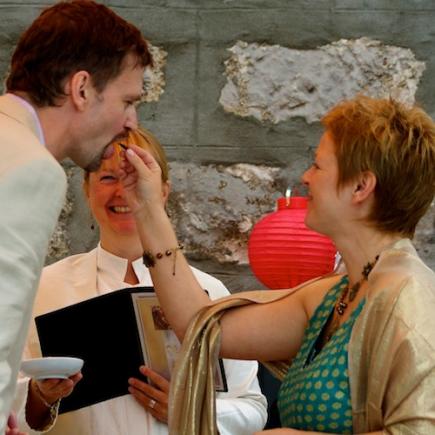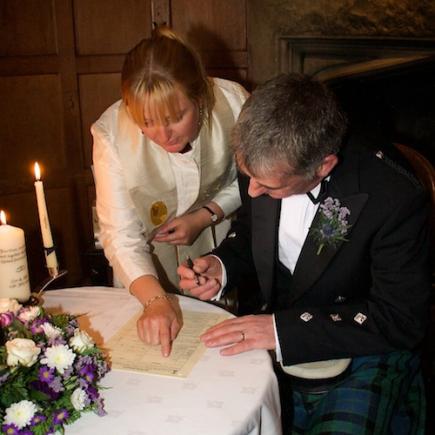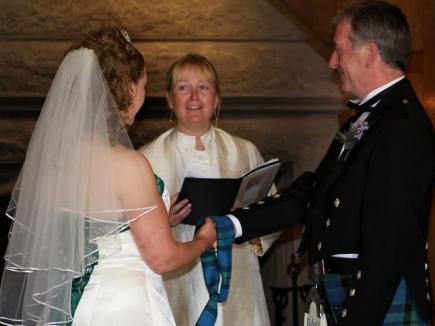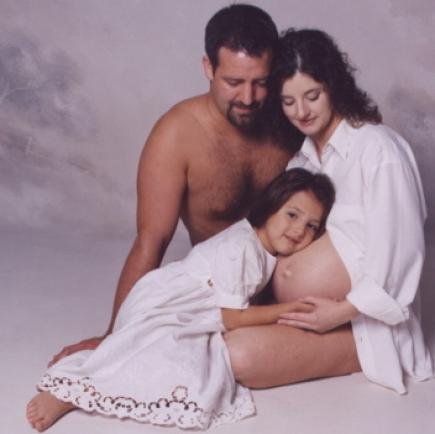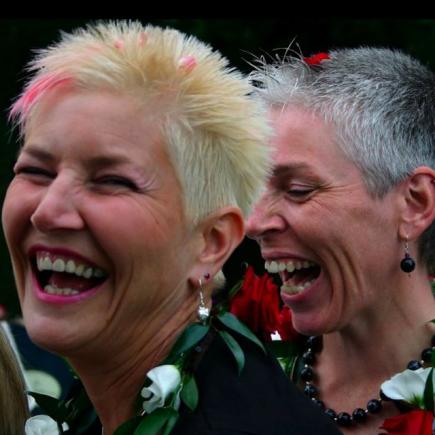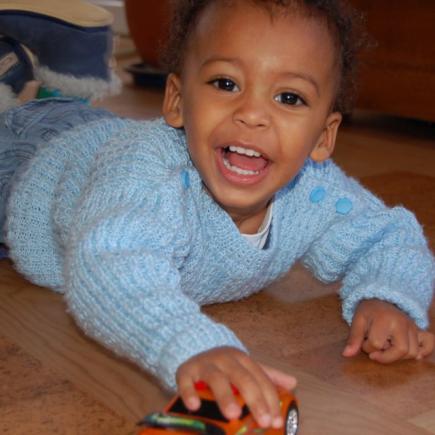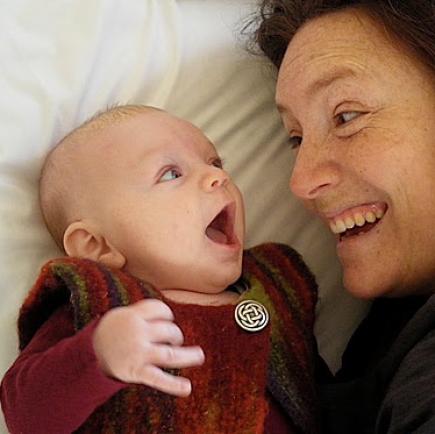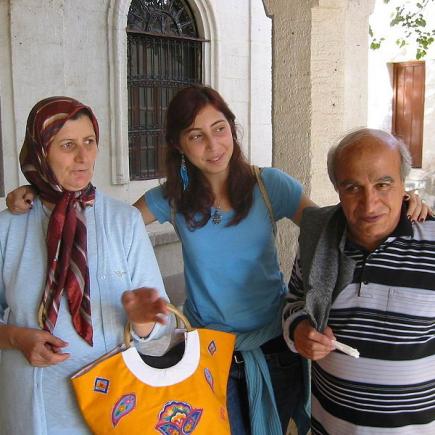FAQ ABOUT INTERFAITH MINISTERS IN SCOTLAND
We’re all independent, self employed Ministers and Celebrants in Scotland and creating ceremony for people is our passion and our chosen profession. We make ourselves available either full or part time for traditional ministry in an alternative way.
We’re not affiliated to any particular church or religious or spiritual tradition. We’re Ministers in service of people from all faiths and no faith. We work locally to where we live and some of us are prepared to travel to wherever you would have us go.
We feel our role as your Minister or Celebrant is help you become clear about what you would like for your ceremony, so that your ceremony is everything you would wish for. We also feel part of our role is to bring your ceremony alive for you on the day, and help to create a very special experience for you - to be the presence of joy for your wedding or naming ceremony, and the presence of peace, calmness and compassion for your funeral or memorial.
Those of us who are Interfaith Ministers have been ordained and certified by our community of elders - legally we fall into the category of ‘non-conformist’ ministers.
You’ll find more information about training with the Interfaith Seminary and the Interfaith Foundation below.
Interfaith Ministers are not associated with any particular church and don’t represent any one religious or spiritual tradition.
We have been trained and ordained by The Interfaith Seminary (IFS) as non-denominational ministers in service of people from all faiths and no faith operating independently of any church. We don’t have assigned parishes or posts – the whole world is potentially our parish!
Of our two year training, the first year focussed on deepening and strengthening our own personal connection to our core inner nature and building greater Self-awareness; also building a foundation of knowledge of different spiritual and religious paths, 'tasting' the essence of the different paths through spiritual practice, structured reading and written assignments, and talking with people of those faiths and visiting their houses of worship.
Part of the philosophy of Interfaith Ministers is 'always in addition to' and we cultivate the deepest respect for the essence at the heart of each tradition and for the work being done by many of those in positions of spiritual leadership.
We know that there are obvious differences between religions, but approach them as a potential source of enrichment rather than as threatening and hold the vision of a brotherhood and sisterhood of humanity. If there’s to be peace and tolerance in the world the invitation for every single person is to practice the essence of all philosophical and spiritual teachings – forgiveness, compassion, acceptance, kindness, honesty, truth, unconditional love. As Ministers we find this to be a continual personal journey and every day brings new opportunities for personal and spiritual growth.
The second year of training concentrates on the practical aspects of ministry – ceremony and spiritual counselling with a continuation of the personal journey.
We feel that the completion of the training is just the start of a life-long journey and we hope that we can offer support where it’s needed. We’re not trying to create a new religion, nor convert anyone away from their existing faith, but support people to enquire more deeply within, in the direction of living peaceful, meaningful and loving lives.
We trained with The Interfaith Seminary which was founded in London by Reverend Miranda Holden in 1996 (it was known as The New Seminary at that time). This was an independent sister program to The New Seminary in New York where Miranda trained and was ordained.
The New Seminary New York was founded by Rabbi Joseph Gelberman in the 1981 with the support of religious leaders Swami Satchidananda, Reverend Jon Mundy (a Methodist Minister) and Father Giles Spoonhour (a Catholic Priest). Should you be interested you can look up www.newseminary.org
IFS retains links to The New Seminary and has a close affiliation with One Spirit Interfaith, a sister seminary, again in New York, founded by Reverend Diane Burke in 2002 (www.onespiritinterfaith.org). The New Seminary UK training programme evolved over the years to suit UK culture and needs, and in 2002 was renamed The Interfaith Seminary to reflect the changes and in 2002 it also became a registered charity.
In 2006 Miranda stepped down as Spiritual Director of IFS. She continues to support IFS as both the Founder and as an Elder from her new home in the US. For more information about Miranda and her work her website is www.awakeningwithmiranda.com
2008 saw the formation of The Interfaith Foundation encompassing two bodies - the continued training of Ministers by The Interfaith Seminary, and a new body of the community and professional register of those with active ministries in The Interfaith Ministers Association. You’ll find more information about IFF on www.interfaithfoundation.org
The term Interfaith for us means responding to a request for help from anyone who asks us regardless of their faith or belief. This would include people who regard themselves as spiritual but who don’t regularly take part in traditional religion, those grappling with issues their religious faith may not encompass (ie mixed faith marriages, divorce, a person’s sexual orientation), it could also be those seeking spirituality not necessarily religion or those whose spiritual belief can’t be encompassed entirely by one faith.
More and more people these days are seeking answers to life’s big questions, and are finding that the peace they seek is found within themselves when they take time in silence and stillness, or in nature, or focussed movement, or in acts of service and kindness – we offer guidance and support to help people find their way home to what feels true for them within.
The term Interfaith has existing connotations – dialogue between religious leaders, worship services co-led by religious leaders from different traditions, shared dialogue and worship between people of different faiths. Often people believe us to be professing to be experts in all religions which is not the case. Certainly there are some graduates who have considerable knowledge both in terms of wisdom, intellect and experience who could minister that way, but on the whole we aspire to have some background knowledge which would help us to sit with and support a person in need from any faith or with no clear faith, to help us sit in complete acceptance and non-judgement of our brother or sister in need, with some understanding of what’s meaningful for them.
As a group of peers we each of us have very individual ministries – some of us are working in education, some in business, some Ministers are involved with dialogue between religious groups, some minister to minority groups, some work in conflict resolution, many work with alternative therapies. Slowly, slowly there are more of us called to traditional type ministries offering ceremony and counselling support.
Our ministries are often about responding to those who consider themselves spiritual but not religious, who want to talk about their spiritual path, or heal or deepen their relationship with God, to awaken to love; or who want ceremony or ritual to honour their spirituality and special occasion, in a way which would include any family or friends present.
The short answer is yes we can absolutely anything you want - within reason and if appropriate to the occasion!
There is more to say! We can hold the legal element of marriage literally anywhere in Scotland, as Scottish law means the celebrant is registered, not the venue, but as yet this isn’t the case in England or Wales, in the rest of Europe or elsewhere in the world (we have Ministers in Spain, Italy, France and Germany as well as New Zealand who all trained in London).
We respond to your individual needs in terms of where you’d like the ceremony to be; what readings, music, prayers, terms/names for your deity, creative or traditional elements you’d like. And in any ceremony we create, we guide you as to what would be appropriate and what wouldn’t, and what we feel would work and what wouldn’t.
If you came to us requesting a 'Christening' or 'Baptism' or a 'Bar or Bat Mitzvah' we would clarify what you really want and if necessary re-direct you to a Church or Synagogue – these are religious terms denoting ceremonies from a religious tradition which would have to be performed by religious personnel. What we offer would be termed a Welcoming, Blessing and Naming rather than a Christening (though if you read the Baby Naming section of this website, you’ll see that we could offer an ‘Alternative’ Christening); or something like a Blessing and Acknowledging for a thirteen / fourteen year old rather than a Bar or Mat Mitzvah.
We would never claim to hold traditional religious ceremonies and are very clear that we offer additional options to those offered by Church Ministers, Rabbis, Imams and so on. We would respond to and consider requests for traditional ‘elements’ to be included in a ceremony, and this would be done with sensitivity, clarity and the greatest reverence for the tradition it comes from.
Yes! We travel!
While most of our ceremonies are in Scotland, or close to the Scottish border, we’re very willing to travel to hold ceremony if any travel and accommodation expenses can be covered in addition to the fee for the ceremony.
If your ceremony is outside of the UK, or if it’s difficult to meet with the circumstances of your life we can do the majority of our communicating by phone, e-mail, Skype and post and meet up on the day of the ceremony.
Each ceremony is different and needs a discussion around how to progress forwards in terms of meeting, what needs to be done in person and what can be done via other forms of communication.
As Interfaith Ministers trained by The Interfaith Seminary we have been ordained and certified by our community of elders and operate as an independent body - legally we fall into the category of 'non-conformist' Ministers.
Our understanding is that some traditions such as Buddhists and Christians use the term ordination but that their definition may be different to ours, so to clarify, we use the term to indicate that we’ve taken group and individual vows and that we’ve been witnessed taking our vows; also that as a graduate body we share a philosophy and purpose, and we commit to living and working by a code of ethics.
We have a vow-taking ceremony when we take our own individual and personal vows – this is a ceremony just for our community and all graduates are invited to retake their vows should they wish. The next day we have an ordination ceremony to which family, friends and members of the public are invited which includes further vows taken as a group, and also a blessing and anointing of each individual by the teaching faculty.
Yes! Marriage is the only ceremony that includes a legal element and in Scotland, once we’re authorised by the Registrar General, through our affiliation with The Interfaith Foundation we’re able to hold the legality as part of a spiritual, or religious, or non-religious ceremony. The legal aspect is very simple – you each say you’ll take each other as husband / wife, we pronounce you husband and wife, and we sign the paperwork along with your two witnesses.
The law is different for wedding ceremonies held in England, Wales, Ireland and overseas - please see the Marriage Section of this website for fuller information.
After a child is born you need to adhere to the law of the land and register the name and obtain a birth certificate. A Blessing or Naming would be termed a spiritual ceremony with no legal element – actually anyone could perform such a Naming or Blessing ceremony.
Likewise, after someone dies, by law you must register their death and obtain a death certificate (this is needed for burial or cremation) and fill in related paperwork for burial or cremation, but again a funeral ceremony is a sacred ceremony and as such there are no legal elements required.
Some organisations - The Humanist Society for example - require you to take out a membership of the organisation in order to have a marriage ceremony.
Some religious ministers require your attendance at their house of worship in the lead up to a wedding ceremony - agreeing to marry you on the understanding that you will attend.
We don't require you to agree to join anything, or commit to anything, beyond working with us to make your ceremony personal and unique and exactly what you'd like - we welcome your input, and offer guidance and inspiration where needed.
Many people are familiar with the term Minister used either for a member of the clergy or for a politician. We’d like to redefine the term Minister to clarify why we use the term and what it means to us.
Some people call us a new breed of Minister which feels fitting. We operate independently of any church or particular religious or spiritual path (as do most of our peers). This means that we don’t have assigned parishes or posts.
We feel called to respond to society’s needs and wants – so in terms of the dictionary definition of 'to minister' being 'attend to the needs of' – that’s what we aim to do as Ministers, attend to the spiritual needs of our fellow human beings, whatever those needs might be.
You could call us 'The People's Ministers' as we’re in service of the brotherhood and sisterhood of humanity regardless of any label or definition regarding race, nationality, religion, sexual orientation, gender, age, economic status, health. We are people serving people - individuals, couples, groups, communities, the world!
We're not claiming to be a new religion nor are we looking to replace members of the clergy or other celebrants and ceremony conductors. We have the greatest respect for the work done by many of those in positions of service and spiritual leadership.
As Ministers we’d like to offer something in addition to what religions and organisations whose members share belief systems such as the Humanists offer. We believe we share a common goal with others offering ceremony - that of being of service to those who have a need for ceremony, ritual and support, and we are part of the evolution of the modern day world and society, enhancing the freedom, flexibility and choice for ceremony available.
As individual ministers our charges vary so we suggest we begin with a conversation with you about what it is that you want and what we can offer you. We offer a range of different ceremonies to suit different needs and budgets.
Depending on which ceremony you’re interested in you’ll find more information in the dedicated Wedding, Funeral and Baby Naming sections. For other ceremony and for the whole range of costs within each of the three areas below individual ministers would need a conversation with you to give you a guideline or quote for costs as they depend on what your needs are.
Travel expenses would be in addition to ceremony fees. To find a minister, see the list of ministers in Scotland and ask your chosen minister for an exact fee.

